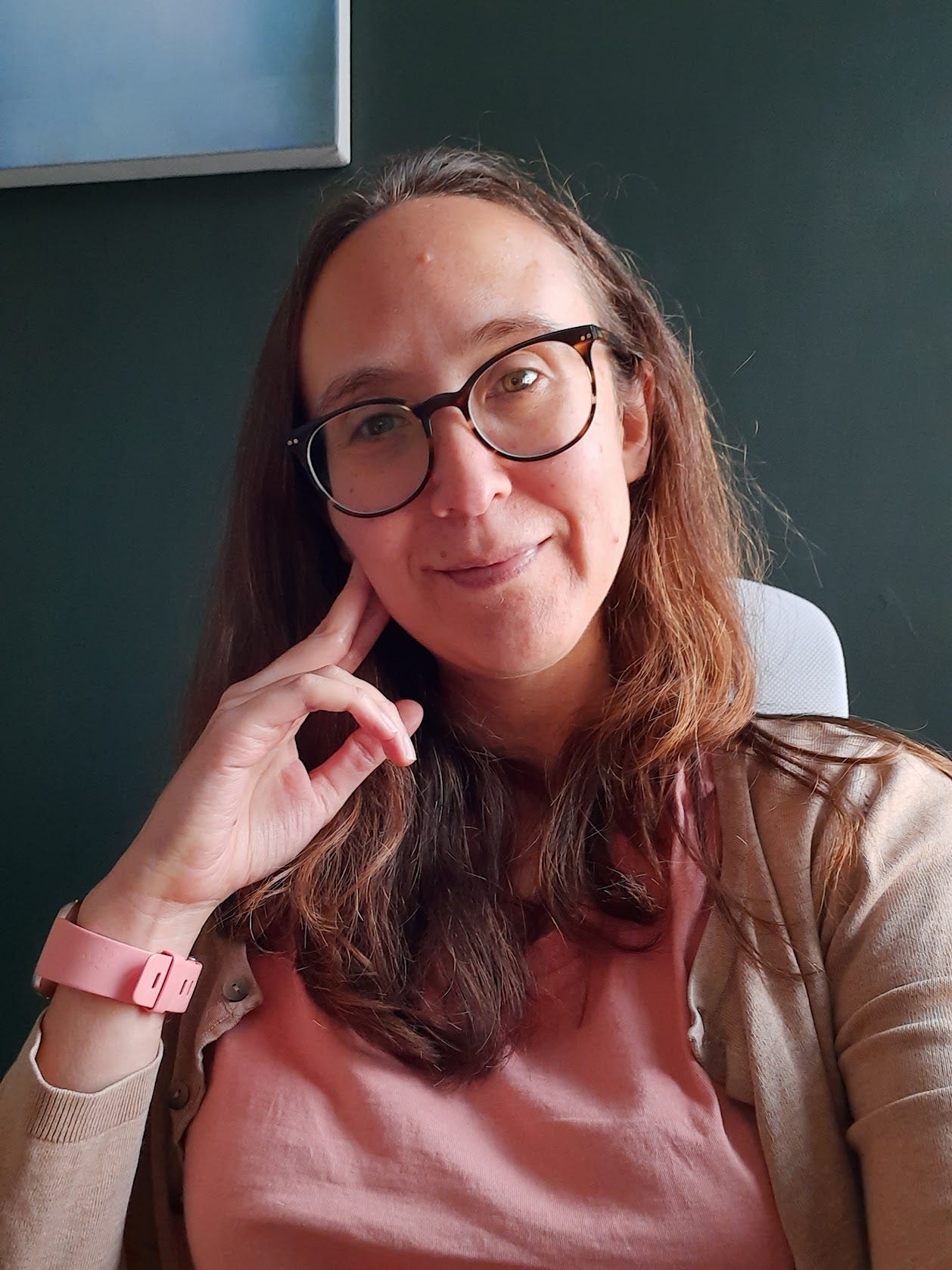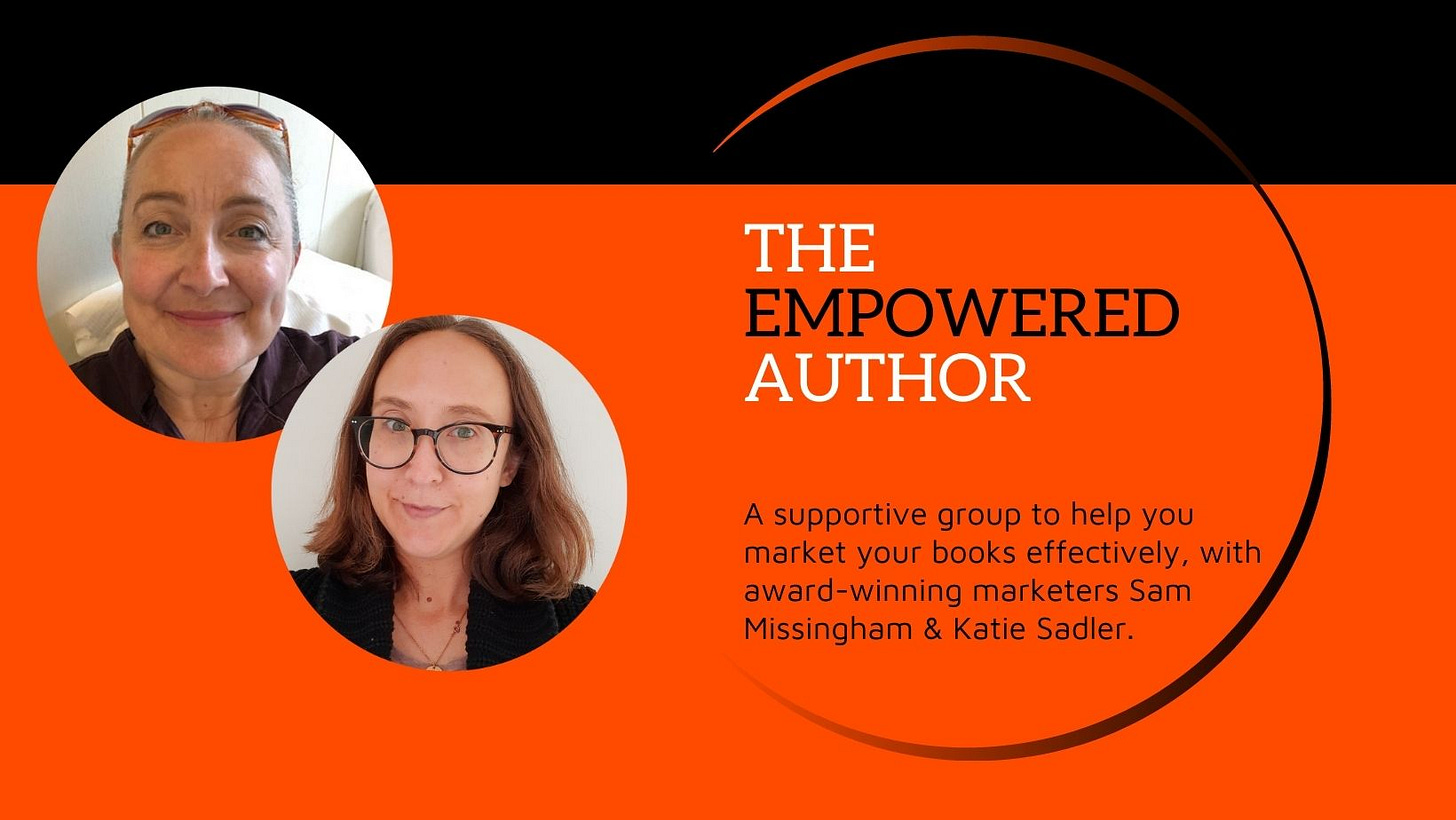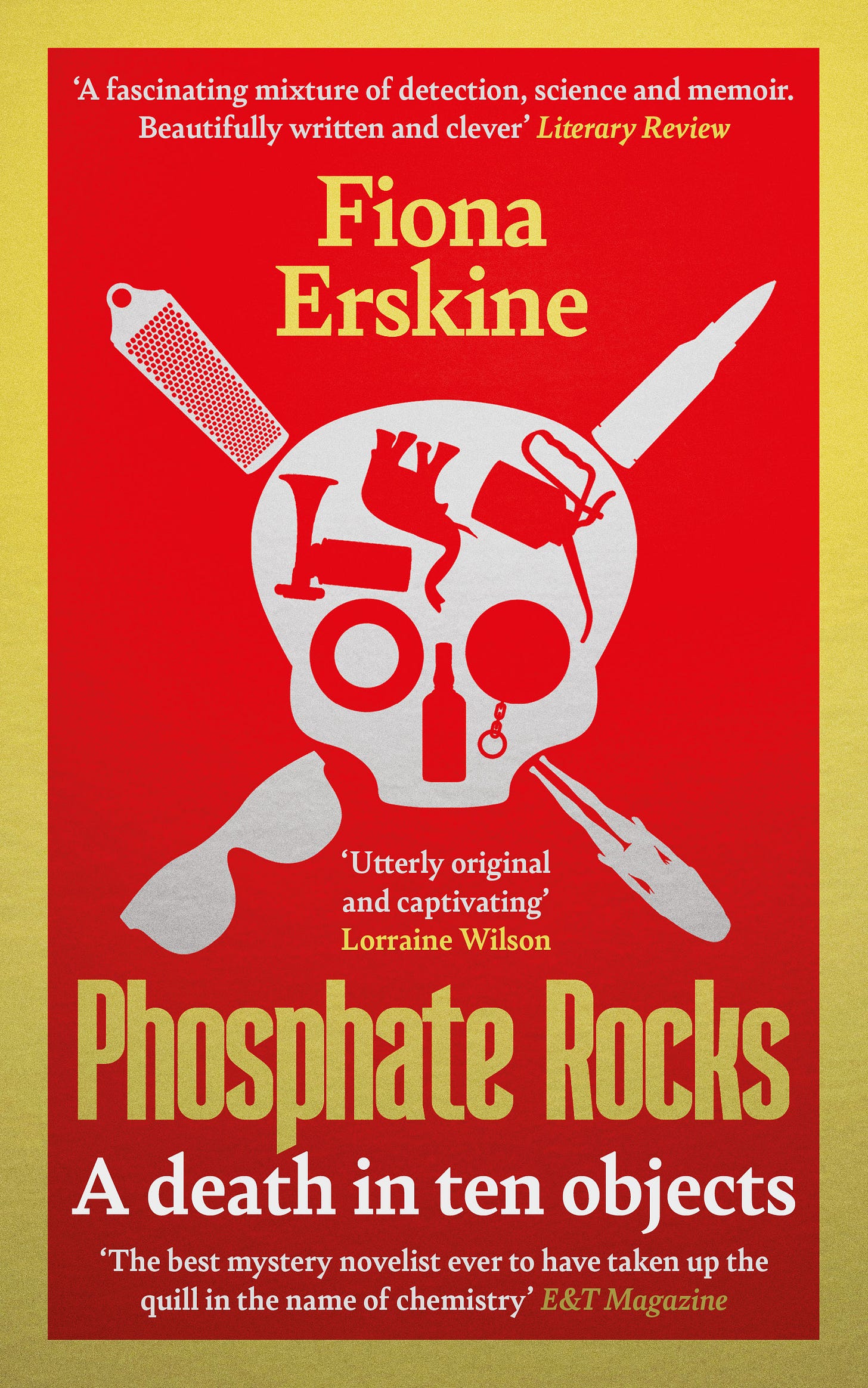The story so far - In January 2024 I decided to self-publish Phosphate Rocks: A Death in Ten Objects after my previous publisher (Sandstone Press) went into liquidation.
It’s been a delight to discover how smooth the technical side can be with the right partners – hats off to superstars SoA, ALLi, kid-ethic, BookVault and Kobo. You can read all about my blunders with other organisations here
I’m now all set up and ready to go. But here comes the hardest part. It’s a crowded marketplace; there are so many great books out there. How does an author connect their labour of love with readers who might not only appreciate the result but be willing to pay real money to buy your book?
Full disclosure - in the first two months I sold 25 books without any paid advertising. (I’m am engineer – I need a baseline for calibration. How else will I know what works? I’m also Scottish…)
I understand that self-publishing is a long game, but in order to pay back the direct expenditure so far, I would need to sell 288 books at full price. If I add in the indirect costs it will be decades…
I decided to turn to the experts for help. I spoke first to Sam Missingham and she directed me to her lovely partner in crime, Katie Sadler.
What follows is my Q&A with Katie written especially for this - my very first Substack post. Please subscribe and let me know what you think!
Start of Q&A
1. Katie, how did a nice girl like you end up in a place like this?
After working in the marketing teams of Ebury Publishing (PRH), HarperFiction (HarperCollins and Quercus (Hachette), I started working directly with authors to help them with their marketing in the autumn of 2018.
I'd wanted to go self-employed for years but found taking the leap extremely daunting. Fortunately / unfortunately, I had a personal crisis that autumn, which meant I needed to earn an additional income. At the time I was doing a 4-day-a-week maternity contract for Quercus, so I used every evening and my 5th weekday to build up a client base and a second income. By the time the contract came to an end, I was ready to take the plunge and work for myself. Since then, I've worked with a huge range of authors and publishers on their marketing - helping them set up campaigns that they enjoy, and which drive sales.2. What's the difference between publicity and marketing?
Generally marketing is around things you can either pay for or do yourself, whereas publicity is linked to activity on other people's channels. But there is a lot of overlap. For example, in house, the marketing team will often work with influencers (whether they are paid or not), but publicity will organise blog tours with those same influencers. And then marketing will be the ones interacting with those people when the tour runs. Social media generally falls to marketing, but oftentimes you're working with other people's platforms. It used to be very clear cut (publicity = reviews or features on press / TV / radio), but in the digital sphere it's gotten muddier!3. How much of your work is for self-published authors and is it increasing or decreasing?
About 60% of my work is directly with authors (vs the work I do with publishers) and of those, about 70% are self-published. I'd say the work I'm doing is changing, rather than increasing / decreasing. There are a lot of authors out there doing an incredibly professional job now with their publishing, which is fantastic, but I think there is SO much information about marketing out there now that it can be really confusing, so I hope that they work I do with people gives them a clear path for their marketing, rather than feeling like they have do everything under the sun at the same time. A lot of authors I work with now have tried a lot of different things, based on (totally fine!) online advice, but they've not necessarily done it with any strategy behind it, so it has become messy and overwhelming.4. How do you approach a new project?
When I start a new project, I have a short questionnaire I send out to people to get a sense of their goals, and the marketing they have done so far. A lot of what I do is auditing people's existing marketing (including things like their Amazon page, website, social media etc), so this gives me somewhere to start in understanding why their current activity isn't helping them reach their goals (and what a better approach might be).5. How much does it cost?
I run a free Facebook group with fellow marketer Sam Missingham, called The Empowered Author and have a free-to-£7 a month Substack where I talk about marketing and behind-the-scenes of my freelance life. For authors that want to have a marketing brainstorm and planning session, I do a one-and-a-half to two hour call, with follow-up action points for £200.For authors who want me to do a full deep dive into all of their activity and give them a step-by-step plan to take forward, that ranges upwards of £750-£1000 depending on the complexity. I would say that the deep dives are for people who have already reached a level of success with their publishing, but they are stuck where they are or feel like it's not really working as well as they want it to, whereas the other offers are more suitable for people who are either just starting out, or who haven't really made any money from their books yet.
6. How long does it take?
The full plans take me around a week to do, as I look into their comp authors, often rewrite blurbs, usually suggest different categories and keywords, do a page-by-page analysis of their website, write content plans for their social media and newsletters etc. They are extensive! I then break each part down into actions so that authors have a checklist of things to work through and refer back to.7. What are your top tips that apply to most authors
-Get the basics right. Having a good cover and book description is crucial and should not be overlooked
- Marketing is a team sport. You don't need to hire a marketer to create a team - find your tribe of authors and work together as much as you can to brainstorm ideas, share lessons, build one another up, and generally get the word out about each other's books.
- Don't try to do every social media channel. Pick the one or two you enjoy most, and really try to do them well, instead of spreading yourself too thin. Focus on the things you find fun!
- Try to see things as an experiment. That means setting out your hypothesis, deciding what the experiment is going to consist of and how long it will last for, and reviewing your results to draw conclusions. But it also means knowing that some things will work and others will fail - that is normal and happens all the time in house. If something isn't working, review what you've done to see if there's an element you can change or improve, or move on and try something else.8. What are the golden rules - the do's and don'ts of marketing?
- Don't worry about being annoying when you are launching your book. You're going to have to talk about it a lot, but the only person who sees everything you share is you.
- THAT SAID - don't just say 'my book is out, my book is out, my book is out'. Yes, you need to tell people your book is out, but I'm sure there are a million different things you can say about your book that are more interesting - find the hooks that make people think 'oooh that sounds like a good book'9. Do you ever refuse projects? Why?
Yes, all the time. This is mainly down to two reasons. Either the author has unrealistic expectations that I know I can't help them with (eg: getting them to the Sunday Times bestseller list when their book is out next week and they have no budget or existing platform. This is a request I get a variation of regularly, and I turn it down every time), or they want someone to run their social media. I can create social media content for people, but I don't think it's good practice for anyone to pretend to be someone else online, and also don't think social media works for authors without them spending time to build genuine connections, so don't take those briefs on.10. Can you tell me about one of your favourite projects?
I absolutely loved working with Claire Duffy earlier this year. She has stopped focusing on Amazon, and is selling directly to readers, running her publishing as a small business. This is obviously a massive challenge, because Amazon is such a huge part of the industry. We talked about her positioning and about making sure her website is as clear and easy to navigate as possible, as well as some ways that she could use her location-based writing (it's all set in Glasgow) to reach in-person readers. She really dove into the recommendations, and had so many brilliant ideas of her own. It was very rewarding to hear that she hit her first quarter goals this year, and her April activity is looking really exciting, so I hope she'll meet her goals this quarter, too.11. Good books sell on word of mouth alone. Discuss.
Yes and no. Word-of-mouth is really important for marketing, and a big chunk of my job in marketing was trying to generate early word-of-mouth. Getting other authors and book bloggers and booktokkers and booksellers and librarians and book clubs etc all reading early copies and talking about it can make a huge difference for a book's success but that doesn't happen by accident. I worked on a book last summer which was a 'word-of-mouth success' but the reason it was so successful is because the publisher saw more positive reviews than expected coming in from booksellers and amplified that by getting two people to work on it for a significant part of their work days!12. How much difference can a good marketing campaign make to book sales?
I think it can make all the difference in the world, but then I'm biased.
In-house (inside a traditional publishing company), the key titles that have a lot of marketing support behind them will often have daily sales reports coming through, so you can generally see if your activity is working. And of course there are other measures you can look at like Amazon chart position if you're traditionally published or the Amazon estimated royalty graphs if you're self-published. There's one author I've been working with for the last 2 years, and I'm quite obsessed with his Amazon sales - I go in every day to see what kind of impact the activity we've run has had!13. Tell me a joke...
What's a pirate's favourite thing about marketing?
The ARRRR.O.IEnd of Q&A
Enormous thanks to Katie for answering my questions - if you have some of your own you can contact her at https://katiemorwenna.co.uk/
Phosphate Rocks: A Death in Ten Objects by Fiona Erskine is available from Drake the Bookshop and online here, there and everywhere











Thank you!